Promoting intangible cultural heritage in Institutions of higher learning in Uganda
Kabale University hosted a public lecture on intangible cultural heritage. This was in partnership with Cross Cultural Foundation of Uganda (CCFU), a project supported by UNESCO. This project is being run in four Universities in Uganda, Kabale University inclusive. Kabale University as a participating institution had the Public Lecture on 2nd and 21st of November 2018.
Professor Joy C. Kwesiga, the Vice-Chancellor, officially opened the Public Lecture. In her remarks, she welcomed participants and thanked CCFU for this idea of promoting cultural heritage. Professor Kwesiga observed that as formerly colonized people, we lost a lot including the use of our own names and much of our indigenous knowledge. It was in this regard that she noted that through this project, there is a lot of hope and opportunity that what was lost could be revived.
During the public lecture, Mr. Amoni Kitooke from CCFU gave the background to the project. He clarified what intangible cultural heritage is and explained the importance of culture. He further explained the domains of intangible cultural heritage. The domains include oral tradition, performing arts, social practices, indigenous knowledge, among others. Mr. Kitooke went on to say that cultural heritage transmission is being threatened by western formal education, which takes away children from home for the largest part of their formative years. And that was why CCFU had organized the project through institutions of higher learning.
In the same Lecture, Professor Murindwa Rutanga from Makerere University, in a keynote address, he passionately articulated preservation of cultural heritage. He said that if someone did not know their history, it would be difficult for them to know their future. Prof. Rutanga pointed out that it was high time, we started fixing what went wrong especially what was lost when the African people were forcefully assimilated into the western culture. He looked at the breakdown of the African culture as having stemmed from the deliberate programs to suppress indigenous knowledge in fields such as blacksmithing and use of herbal medicines, and emphasized coming up with ways of restoring such knowledge. Restoration of such knowledge required political intervention to change the current situation, a positive attitude of the people, plus revolutionary and nationalistic educational policies and programs.
During the discussions, participants suggested teaching cultural heritage as a crosscutting subject at Kabale University. It was also suggested that the Institute of Languages develop a program in translation studies so that specialists can translate textbooks and develop new language terminologies, conduct research in cultural heritage and document indigenous knowledge. Some of the research studies could be turned into PhD theses. It was further suggested that Uganda as a country could develop one indigenous language to be adopted by every citizen.


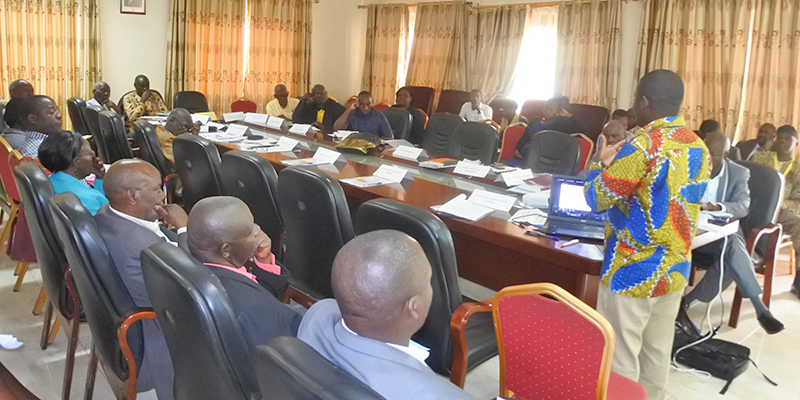
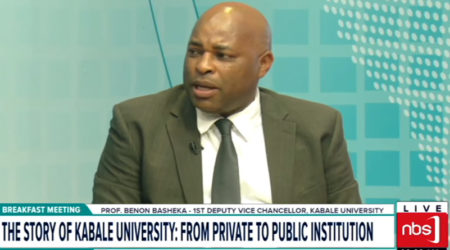
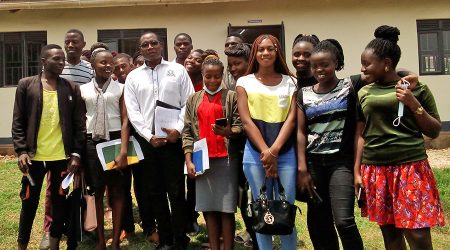
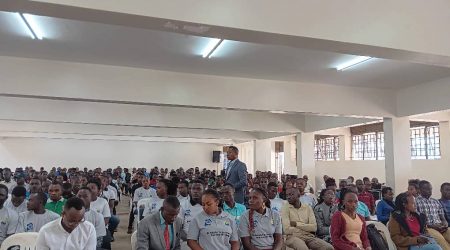


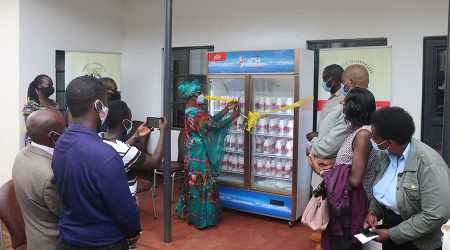
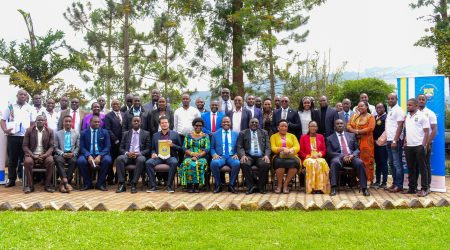
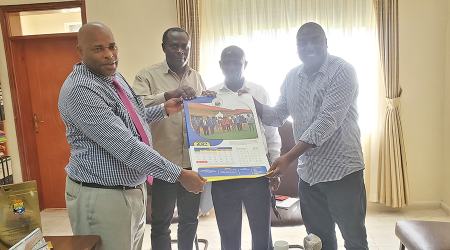
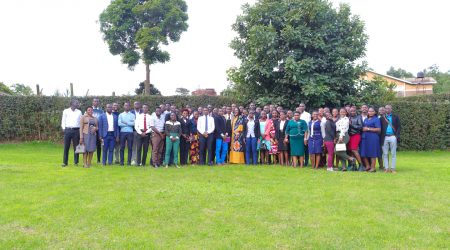
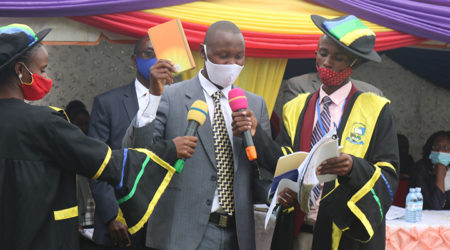
Leave a Reply